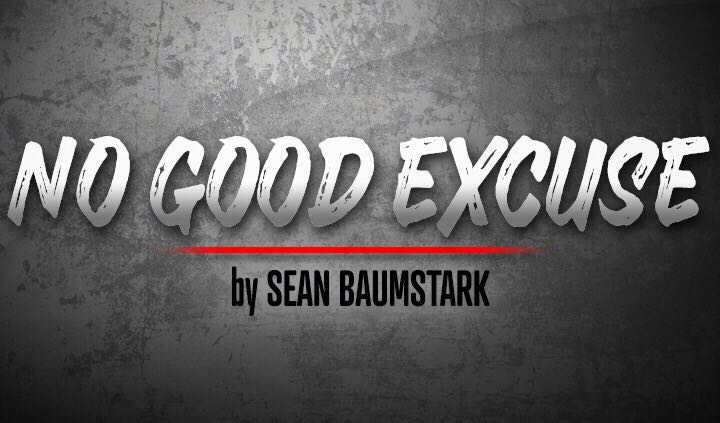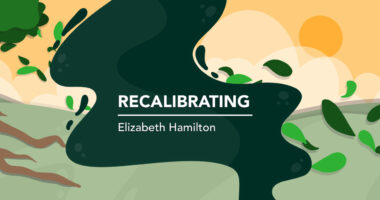How Do You Approach Friction?

I’ve been contemplating a metaphor of sorts, inspired by festivities of my family’s holiday traditions. I’m not sure if this is a thought process I’ll cling to very deeply, as it’s still new to me. However, I wanted to write about it now and invite you along on my journey.
After all, life is made richer when shared with others, right?
My family enjoys playing games, mostly dominoes and card games. I love Risk, but I don’t know many people who share my interest in that game. I love cards, too. I’m always happy to play almost any game with any group of people, and I’m content to play until we’re falling asleep at the table.
In other words, I’m not one to quit early or sit out any games.
If your family is anything like my family, I’m sure you’ve engaged in a bit of debate over certain interpretations of rules. Or even worse, perhaps people have been raised playing variations of the same game, which can cause friction about what the “real” rules are, or at the very least, arguments about the best way to move forward. When those variations collide at the same table, one thing is certain: There is no clear or easy way forward.
After all, it involves family, so it’s a dog-eat-dog world. (Kidding. Sorta.)
Competition exists in all relationships, and neither blood family nor chosen family is granted exceptions. Of course, at the end of the day, we hope and trust that our competition is friendly and that we can simply clear the scoreboard and start clean with the next game or at the next gathering.
After an intense round of dominoes with family and friends, I started comparing the dynamics of friendly competition to those of living with a rare disease like Friedreich’s ataxia.
I think there are three ways to respond to the friction that arises in a family-friendly game of dominoes, and the same three responses exist when dealt a devastating diagnosis.
Of course, our responses will largely be shaped, at least initially, by the way we were raised — by the “way we’ve always done it” mentality. I don’t believe any response is more right or wrong than others. As in the family games, it’s a matter of differences.
Those differences come to the surface only when the status quo is challenged, and the status quo is different for everybody.
Therein lies the friction with which we all must deal. It would be unhealthy and unfriendly to ignore the family members who play differently and act like they don’t exist. The same is true in the face of a diagnosis: Ignoring it is unhealthy and unfriendly to yourself.
So that response isn’t an option.
Instead, you can choose to be passive — the quiet family member who doesn’t really want to argue one way or another. They’re there to have fun and make sure nobody gets too far out of hand. The passive approach to a diagnosis might take on the “come what may” characteristics, not necessarily working for or against this new friction. This approach doesn’t necessarily act like nothing is wrong, but it also doesn’t dig into what could be different.
The stubborn stance is an easy one to choose, but it doesn’t allow for alternative dialogue. This family member isn’t interested in the other ways that might exist, and it’s their way or no way. Although they might be right to some extent, this approach hinders the possibility of a healthy compromise and tends to hold up any progress. The same can be said for the stubborn approach to rare disease: If we aren’t open to the facts, the reality, the scientific possibilities, the community, or even hope, we can hinder our progress in the face of devastation.
Finally, we can choose to be a flexible player at the table who is willing to engage in dialogue that can help everyone understand the many variations and rules, and who works to find common ground. This person is open to other ways of playing the game, and they might encourage the stubborn individuals to try something new.
I argue that this is the approach we should take when facing any friction in life, diagnosis or otherwise. Being flexible doesn’t mean always wavering. It simply means one is open to other possibilities. Being flexible allows us to consider all the possibilities. Flexibility creates the opportunity to recognize the friction that we never expected, grieve what we’ve always known, and forces us to ask, “Now what?”
That question reminds me to be open to possibilities, to embrace friction, and to find ways to move forward no matter how hard life might become.
***
Friedreich’s Ataxia News is strictly a news and information website about the disease. It does not provide medical advice, diagnosis, or treatment. This content is not intended to be a substitute for professional medical advice, diagnosis, or treatment. Always seek the advice of your physician or another qualified health provider with any questions you may have regarding a medical condition. Never disregard professional medical advice or delay in seeking it because of something you have read on this website.







Comments